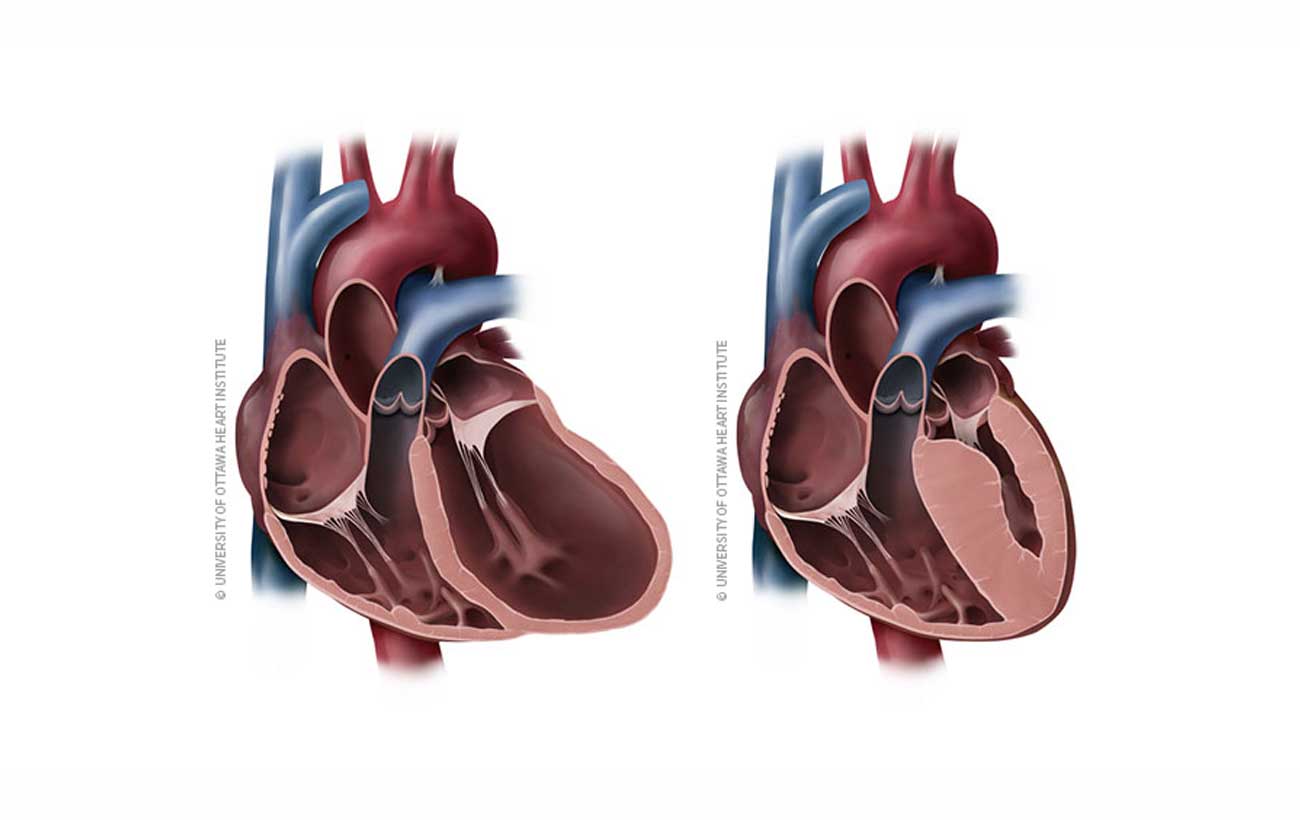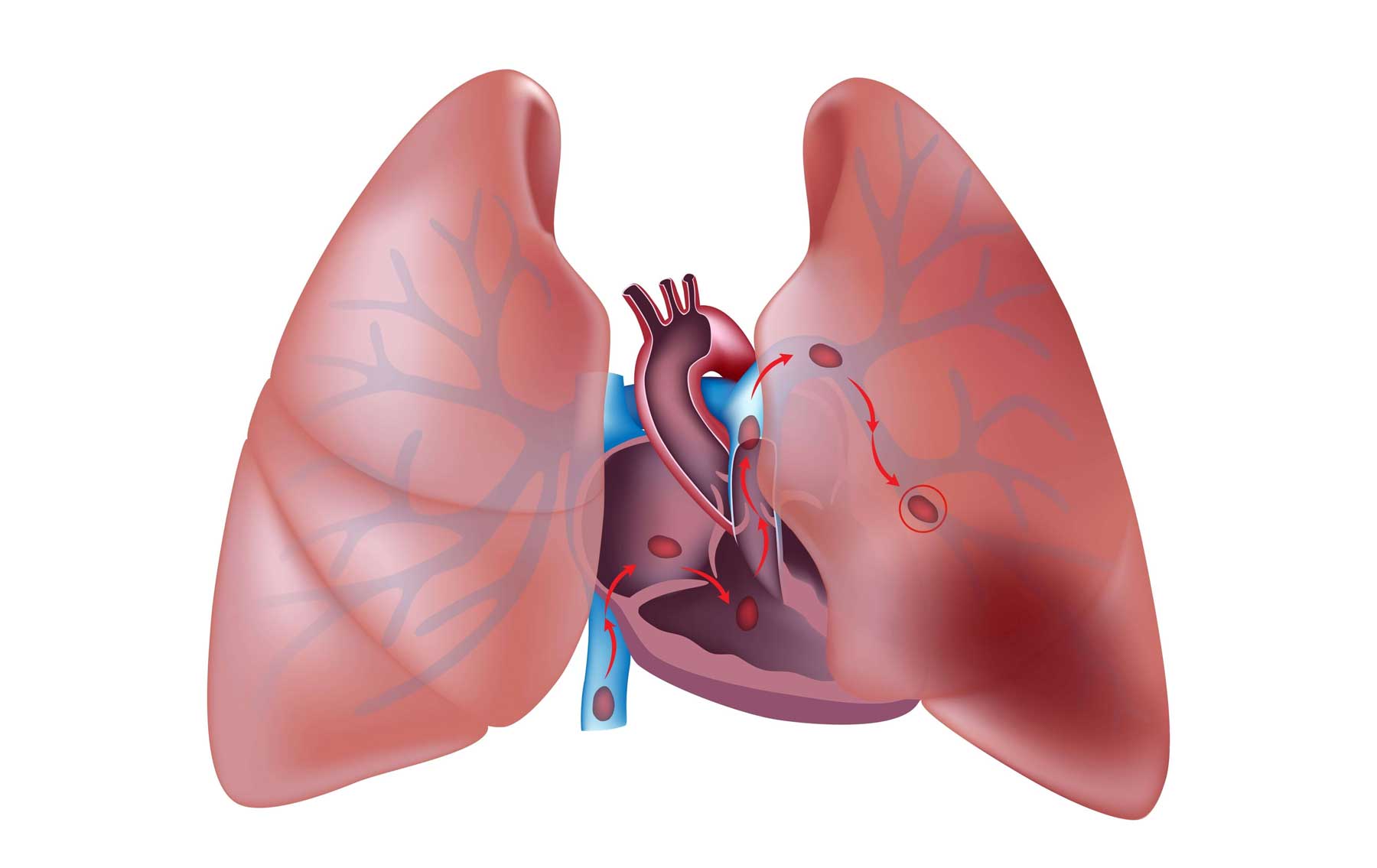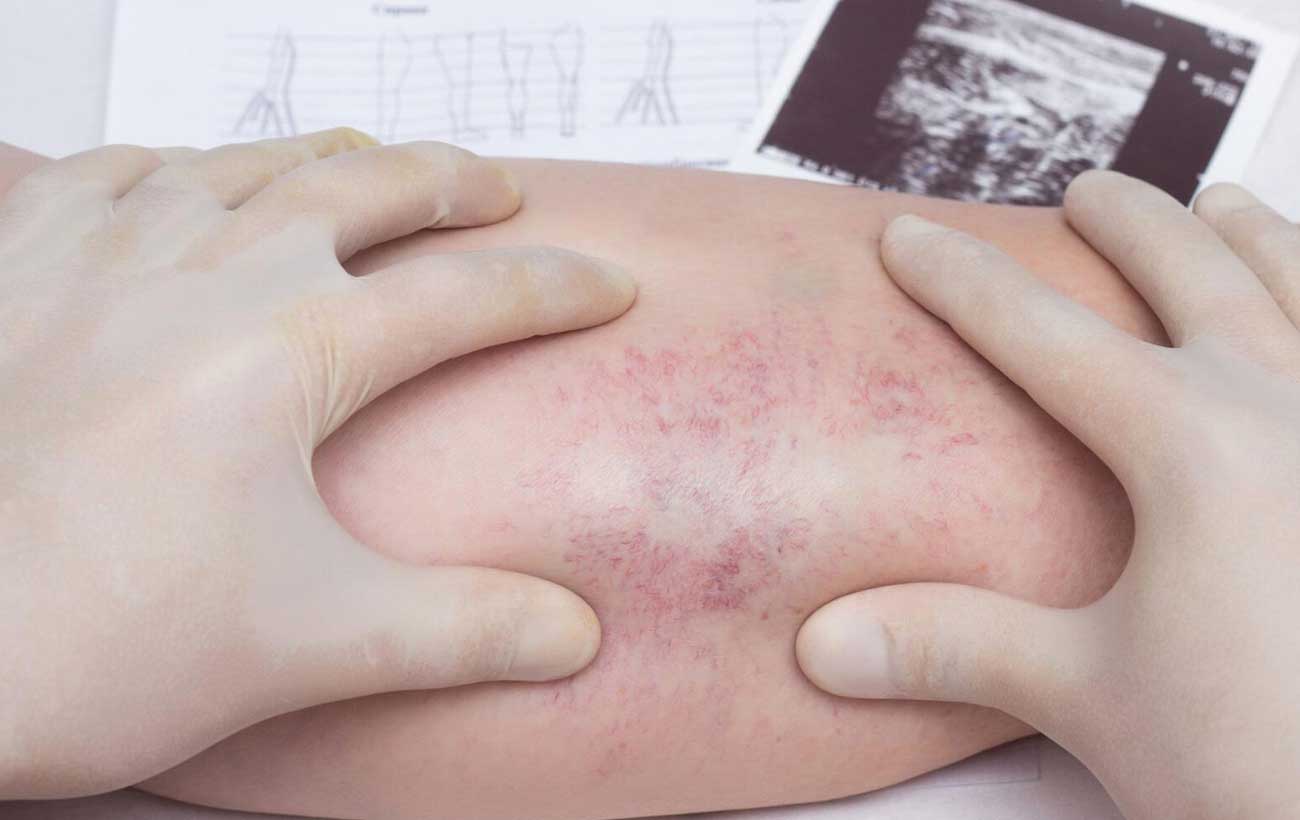Deep Vein Thrombosis Thrombosis is the formation of a blood clot (thrombus), which can partially…

Nutritional Cardiomyopathy
Heart muscle can be damaged by toxins. In the United States, the most severe form of cardiomyopathy caused by toxins occurs among people who drink alcohol heavily. Excessive intake of alcohol can poison the heart muscle. In rare cases, inadequate intake of vitamin B1 (which is often deficient in heavy drinkers) causes cardiomyopathy.
Symptoms
The symptoms of nutritional cardiomyopathy vary greatly from one person to another. Symptoms may include palpitations (heartbeats that you’re aware of) or an irregular or very rapid heartbeat, or swollen hands and feet. Because damage to the heart muscle can lead to disorders such as atrial fibrillation and heart failure, a person also may have symptoms of these disorders.
Treatment
A doctor will recommend that a person with nutritional cardiomyopathy stop drinking alcohol. The doctor may also prescribe dietary changes or vitamin supplements. The condition improves in about one third of the people who give up alcohol. In the remaining two thirds, treatment is the same as that for heart failure.



